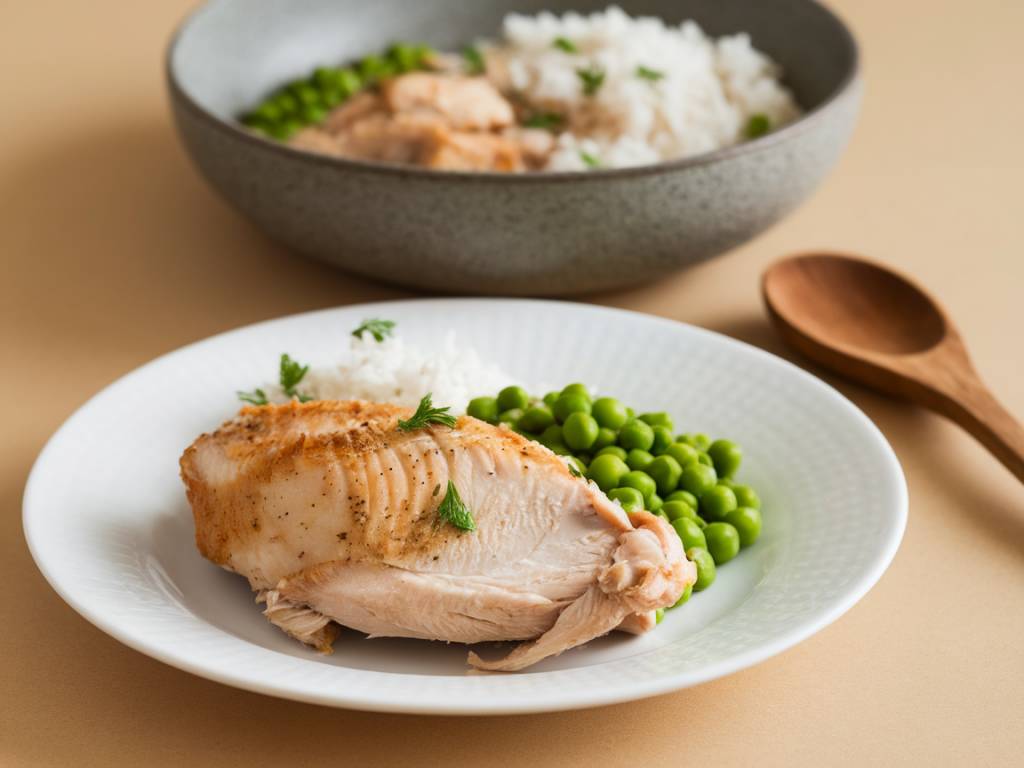As a dedicated pet owner, ensuring the well-being of your feline companion is a top priority. One of the challenges many pet owners face is finding the right diet for cats with sensitive stomachs. Just like humans, cats can experience digestive discomfort, and their dietary needs can be specific. If your cat has a sensitive stomach, it may exhibit symptoms such as vomiting, diarrhea, or general discomfort. Fortunately, there are dietary strategies that can help manage these issues effectively.
Understanding Sensitive Stomachs in Cats
A sensitive stomach in cats can stem from various causes. It might be due to underlying medical conditions, dietary intolerances, or simply their delicate digestive systems. Knowing the potential causes and symptoms can help you tailor a diet that suits their needs.
Common signs of a sensitive stomach in cats include:
- Frequent vomiting
- Diarrhea
- Gassiness
- Loss of appetite
- Lethargy
If you notice these symptoms persistently, it’s essential to consult a veterinarian to rule out serious health issues before adjusting your cat’s diet.
Key Ingredients to Look for
When choosing the best food for cats with sensitive stomachs, certain ingredients can promote better digestion and alleviate discomfort. Here are some key ingredients and why they are beneficial:
High-Quality Protein
Protein is a crucial component of a cat’s diet, but the source and quality make a significant difference. Opt for foods that list a high-quality animal protein, like chicken, turkey, or fish, as the primary ingredient. These proteins are typically easier to digest compared to by-products or plant-based proteins.
Limited Ingredients
Limited ingredient diets (LIDs) are specially formulated to minimize food sensitivities. They contain fewer components, reducing the risk of irritating your cat’s digestive system. LIDs often focus on a single protein source, such as duck or lamb, which are less common in standard cat foods and may help reduce digestive issues.
Digestible Carbohydrates
While cats are obligate carnivores, some carbohydrates can be beneficial when balanced correctly. Ingredients such as rice, oatmeal, and potatoes are generally gentler on the stomach and provide necessary energy without causing irritation.
Probiotics and Digestive Aids
Probiotics help maintain a healthy gut by supporting beneficial bacteria, which are crucial for digestion. Look for foods that include probiotics or consider adding a probiotic supplement to your cat’s diet. Digestive enzymes are also valuable, as they aid in breaking down food more efficiently.
Omega Fatty Acids
Omega-3 and omega-6 fatty acids are not only good for the skin and coat but also support digestive health by reducing inflammation in the intestinal tract. Ingredients like fish oil or flaxseed are excellent sources of these essential fatty acids.
Brands and Products to Consider
Several brands cater to cats with sensitive stomachs by offering specially formulated diets. Here are some reputable options:
Hill’s Science Diet Sensitive Stomach & Skin
Hill’s Science Diet is a well-regarded brand known for its veterinary-formulated products. Their Sensitive Stomach & Skin formula contains easily digestible ingredients, including chicken and rice, along with prebiotic fiber to fuel beneficial gut bacteria.
Royal Canin Digestive Care
Royal Canin offers a range of digestive care formulas designed to support cats with GI sensitivities. This brand focuses on balanced nutrition and includes fermentable fibers and probiotics to improve digestion.
Blue Buffalo Basics Limited Ingredient Diet
Blue Buffalo Basics prioritizes limited ingredients to reduce sensitivities, using turkey or duck as a primary protein source. Their formulas include easily digestible carbohydrates like potatoes and oatmeal, ideal for cats with dietary issues.
Transitioning Your Cat to a New Diet
Switching your cat to a new diet should be done gradually to prevent further stomach upset. Follow these steps for a smooth transition:
Start by mixing a small amount of the new food with your cat’s current food.
- Gradually increase the proportion of new food over 7-10 days.
- Monitor your cat for any adverse reactions or symptoms.
- Ensure they have access to fresh water throughout the transition.
If your cat rejects the new food, or their symptoms persist, consult your veterinarian for further guidance.
Other Tips for Managing a Cat’s Sensitive Stomach
Beyond dietary adjustments, you can adopt other practices to help manage your cat’s sensitive stomach:
Regular Feeding Schedule
Establishing a consistent feeding schedule helps regulate your cat’s digestive system. Feed smaller, more frequent meals rather than one or two large meals a day to prevent overeating and digestive stress.
Monitor Treats and Snacks
Avoid giving your cat high-fat or dairy-based treats, which can trigger sensitivities. Opt for treats made from high-quality animal proteins or specifically designed for cats with digestive issues.
Environmental Management
Stress and anxiety can exacerbate digestive problems. Ensure your cat has a calm, comfortable environment with plenty of enrichment activities and space for relaxation. These practices contribute to their overall well-being and can indirectly support digestive health.
Taking a thoughtful approach to your cat’s diet and lifestyle can greatly improve their quality of life, especially when dealing with a sensitive stomach. By selecting foods with the right ingredients, closely monitoring their health, and making gradual changes, you can help your feline friend enjoy their meals with comfort and happiness.
Lisa Tissed
« `

